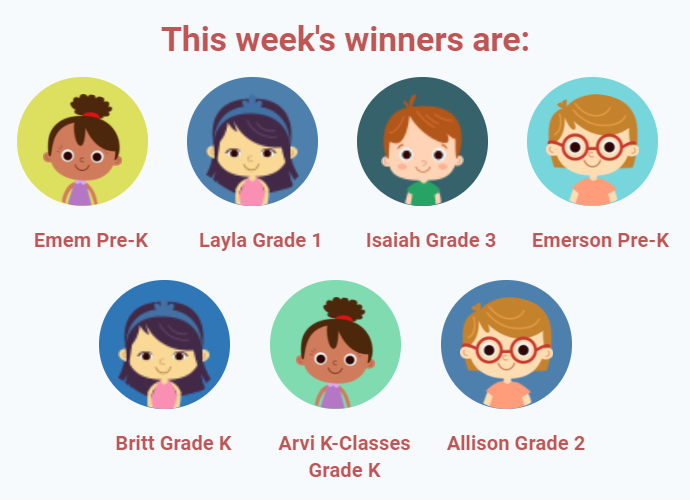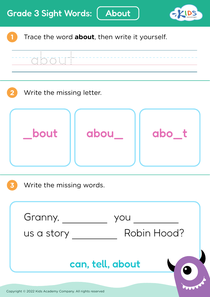Practice writing numbers Grade 3 Worksheets
3 filtered results
-
From - To
Enhance your third grader's numerical skills with our engaging Practice Writing Numbers worksheets! Designed specifically for Grade 3 students, these printable resources help reinforce number formation, sequencing, and understanding. Each worksheet provides a variety of activities that encourage students to practice writing numbers accurately, fostering confidence in their mathematical abilities. With a mix of fun exercises, including tracing, filling in the blanks, and number bubbles, learners will enjoy honing their skills. Ideal for classroom or at-home practice, our worksheets help build a strong foundation for future math concepts. Start your child's journey to number mastery today!
Practicing writing numbers in Grade 3 is essential for several reasons, making it a priority for both parents and teachers. Firstly, students solidify their understanding of the numeral system as they transition from basic counting to understanding mathematical concepts like addition, subtraction, and place value. Writing numbers helps reinforce this foundational knowledge, essential for future mathematical learning.
Secondly, clear number formation is critical for effective communication. In an era where legibility in written work matters, the ability to write numbers clearly can impact a student’s performance in assessments and daily assignments. Practicing how to write numbers also fosters fine motor skills, which are vital for overall writing development.
Additionally, engaging with numbers fosters problem-solving skills and analytical thinking, essential competencies not just in mathematics but across disciplines. As parents and educators facilitate this practice, they also instill a sense of confidence in students as they navigate increasingly complex mathematical tasks.
Moreover, promoting consistent practice at home and school creates a supportive learning environment, ultimately leading to better academic performance and a positive attitude towards mathematics. Thus, prioritizing number writing practice is crucial for nurturing well-rounded, capable learners.























